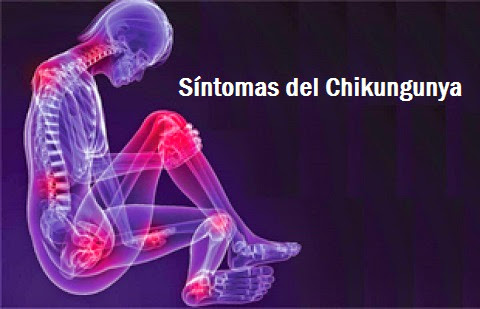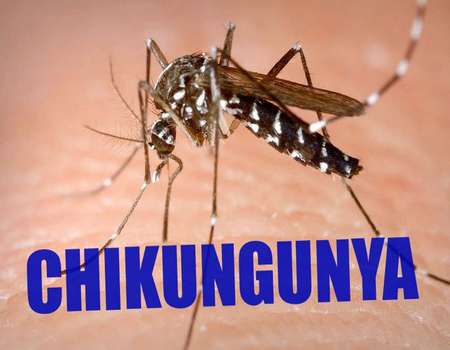
The Chikungunya virus is an infectious disease transmitted by mosquitoes. The first reported outbreak of the virus occurred in southern Tanzania in 1952 and has since spread to over 40 countries. Symptoms of the illness may appear between four and eight days after being bitten by a mosquito. Joint pain and fever may also occur. The condition may be acute or chronic. Patients may experience a range of symptoms, including joint pain, fever, and arthritis.
Symptoms of the disease include joint pain and a high fever. The joint pain can last for months or even years. Severe cases can cause death. There are no vaccines or antiviral drugs that can prevent the disease. However, anti-inflammatory agents are prescribed for the symptoms of the illness. While there are no effective treatments for chikungunya fever, there are some prevention measures you can take to reduce the risk of getting it.
There is no cure for the disease, but most people recover on their own. Individuals may experience joint pain for weeks to months, and ibuprofen or acetaminophen can relieve pain and ease the fever. The disease is more likely to affect newborns, the elderly, and people with high blood pressure or diabetes. There is no vaccine or antiviral drug for chikungunya, so treatment is based on the symptoms.
There are no real treatments for chikungunya. Most people will heal on their own, but the pain can linger for weeks or even months. A prescription for acetaminophen or ibuprofen can help alleviate joint pain. Fortunately, the virus is not as severe in newborns as it is in healthy adults, although it can affect older adults and those with high blood pressure or diabetes.
Acute symptoms of chikungunya include joint pain and fever. Some cases can last for months, while others can lead to severe, life-threatening symptoms. Some people may even require surgery to treat the condition. If you become infected with chikungunya, you should see a doctor immediately. Your doctor can help you get rid of the condition or manage your symptoms.

Symptoms of chikungunya disease include joint pain and fever. The disease can cause severe joint pain and in some cases can be life-threatening. People usually get better without treatment, but some people may experience pain for months or even years. It is important to seek medical help if you have chikungunya symptoms. It is best to avoid contact with mosquitoes as they can carry the virus.
The most common symptoms of the disease are fever and joint pain. In some cases, patients may experience acute or chronic neuropathic pain. The disease is often characterized by a high incidence of CHIKV and a high proportion of chronic cases. In most cases, the infection is not life-threatening, but can cause serious complications such as heart disease and neurological disease. There is no vaccine for chikungunya, so treatment depends on the symptoms and severity of the disease. You can find out more about the disease on the website https://astronomia2009.org.mx/.
The main symptoms of the disease are joint pain and increased body temperature. In severe cases, joint pain can last for months or years. In children, the infection can cause permanent brain damage. Infected infants should not be exposed to mosquitoes to avoid infection. The vaccine will protect the child from the disease. Vaccination will not prevent infection. Chikungunya infection is fatal.
A vaccine for chikungunya is not available. Most people recover on their own without treatment. The symptoms of the disease include joint pain, fever, and joint swelling. Some people can experience a severe case of the virus, which requires medical attention. During the first week after exposure, the patient should avoid mosquito bites. During this period, the virus may still be circulating in the blood of the mosquito.
The virus is spread through mosquitoes. An uninfected mosquito can pick up the virus from a person with the disease. Once it has been picked up by a mosquito, the virus will undergo a period of replication. It can then be passed on to another naive person through a mosquito that has already been infected. Once the person is infected, the virus will continue to multiply and amplify in the mosquito’s body.